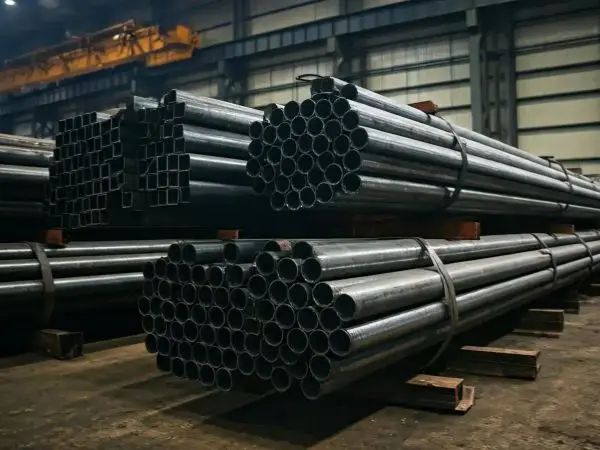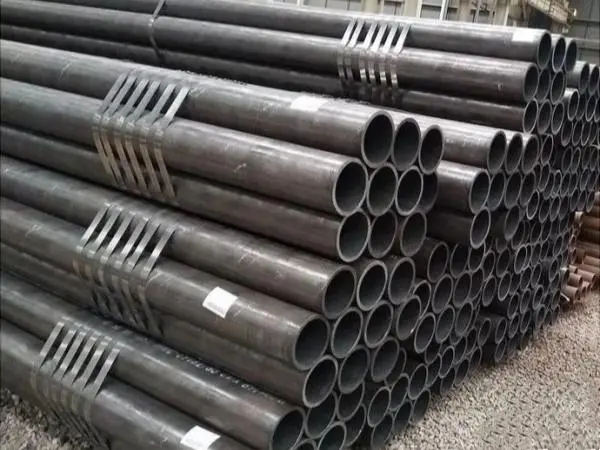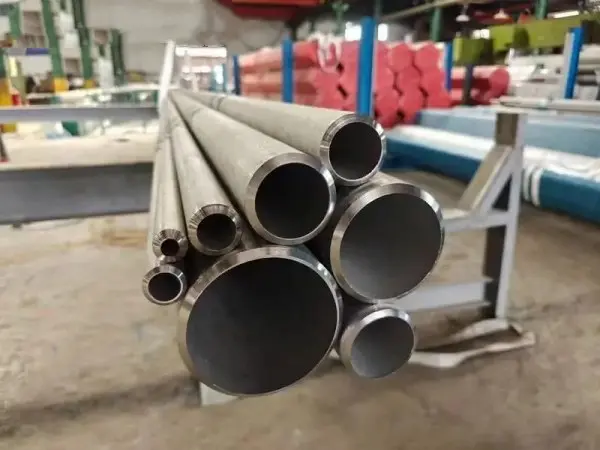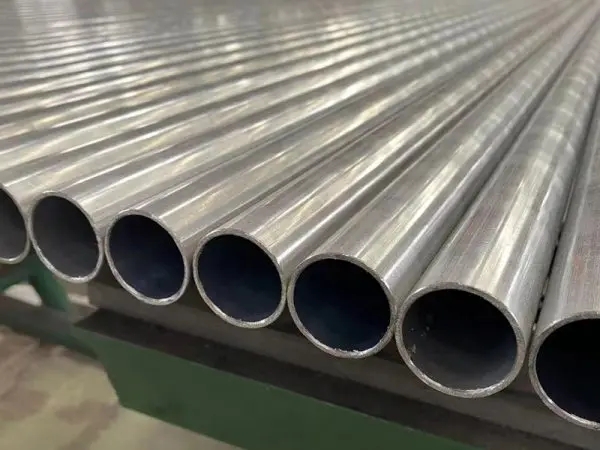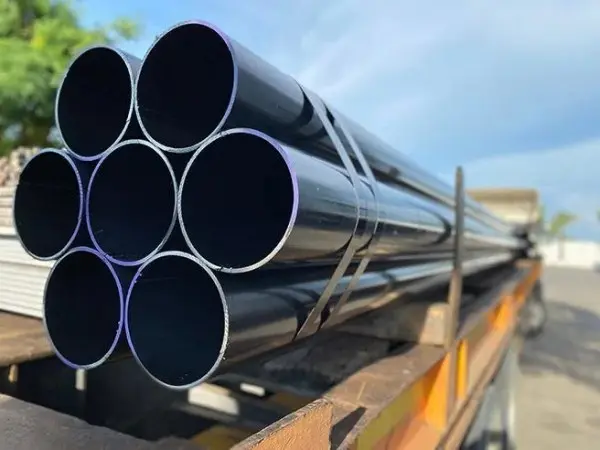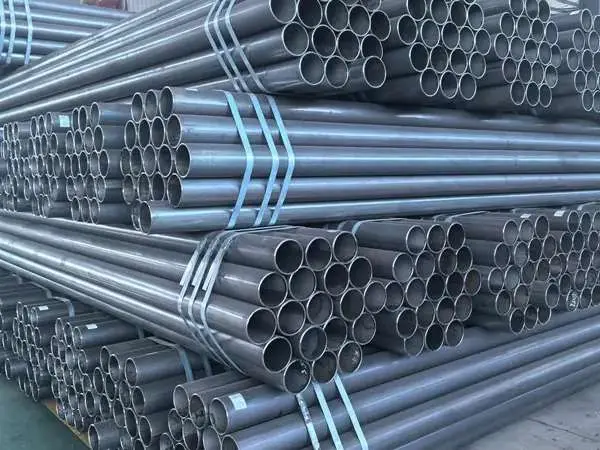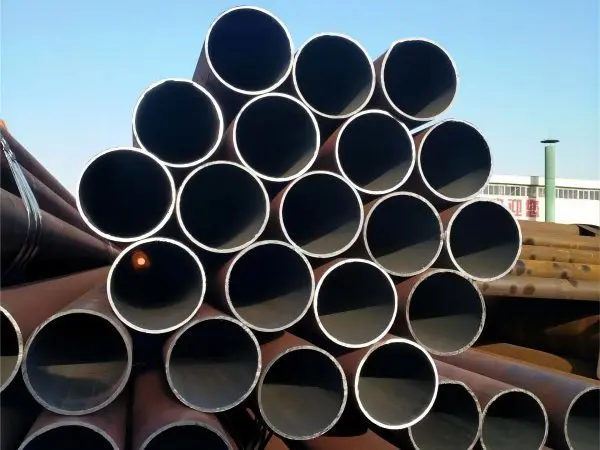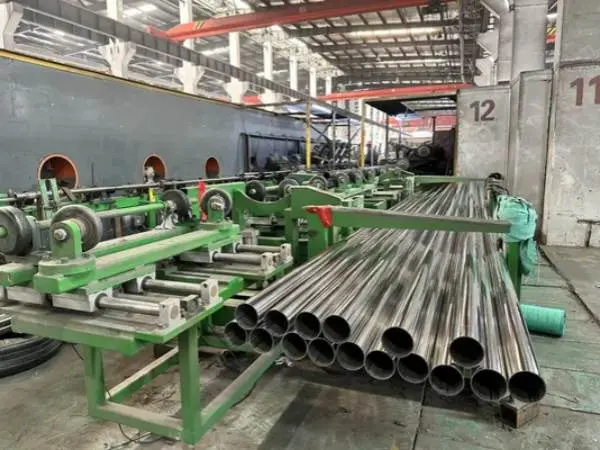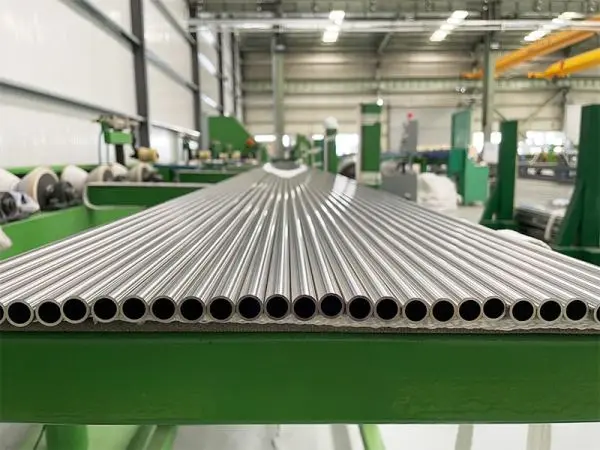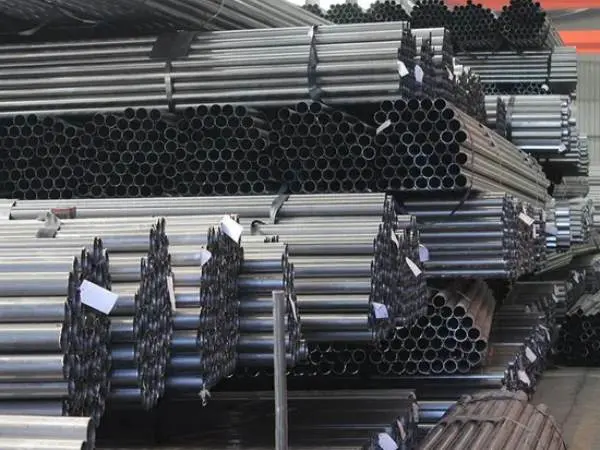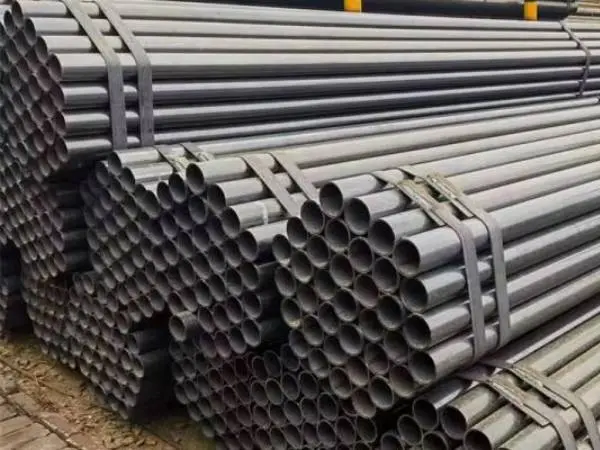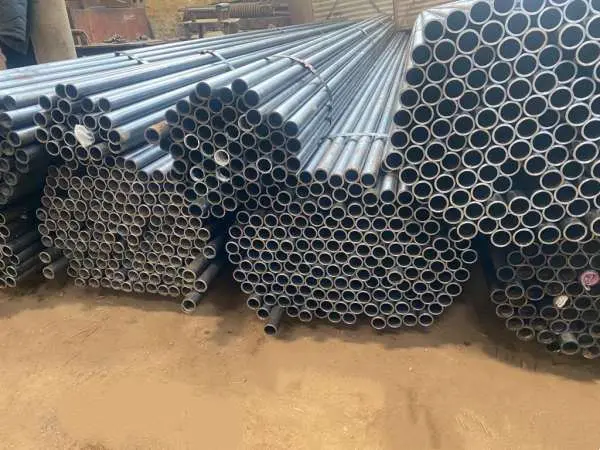-
2025-09-18Product News
Major defects in seamless steel pipes
Seamless steel pipes are widely used in industries such as petroleum, chemical, power, and construction due to their strength, durability, and reliability. However, defects that arise during production or processing can severely impact pipe quality, performance, and safety. To ensure seamless steel pipes meet strict industry standards, it is important to understand the common defects, their causes, and effective prevention methods. Below, we explore the eight major defects found in seamless steel pipes.
-
2025-09-16Product News
15CrMoG seamless steel pipe
15CrMoG seamless steel pipe is a chromium-molybdenum alloy steel pipe widely used in high-temperature and high-pressure applications. Thanks to its outstanding strength, oxidation resistance, and stability, it has become a critical material in industries such as power generation, petrochemicals, and boiler manufacturing.
-
2025-09-15Product News
022Cr25Ni7Mo4N duplex stainless steel seamless pipe
022Cr25Ni7Mo4N duplex stainless steel seamless pipe is a high-performance material widely used in demanding industries. It complies with TSG D7002 Rules for Type Testing of Pressure Piping Components, ensuring reliability and safety.
-
2025-09-10Product News
Scrap standards for boiler tubes
Boiler tubes are vital components in any boiler system. Their performance directly impacts safety, reliability, and efficiency. Boiler tubes may be manufactured as seamless pipes (for strength and uniformity) or ERW pipes (for cost-effective performance). Regardless of type, proper inspection and scrapping criteria must be applied. Below are the key standards.
-
2025-09-09Product News
Surface roughness of carbon steel pipe
The roughness of carbon steel pipe plays a critical role in determining its performance in industrial applications. Roughness is generally classified into two types: surface roughness and absolute roughness. Here's an overview of the surface roughness of carbon steel pipe.
-
2025-09-08Product News
How to store precision steel pipe?
Precision steel pipes are widely used in machinery, automotive, aerospace, and other high-tech fields. To maintain their quality and extend their service life, proper storage is essential. Poor storage may lead to corrosion, deformation, or damage to the anti-corrosion coating. Below are some practical tips on how to store precision steel pipes correctly.
-
2025-09-04Product News
ASTM A192 seamless carbon steel boiler tube
The production of seamless boiler steel tubes is guided by several international standards, including GB, ASTM, and DIN. Among these, ASTM A192, ASTM A179, and ASTM A210 are the most widely used worldwide. In particular, ASTM A192 provides strict specifications for seamless carbon steel boiler tubes designed for high-pressure service.
-
2025-09-04Product News
Four methods for stainless steel pipe root welding
Stainless steel pipe welding generally includes root welding, filler welding, and cap welding. Among them, root welding is the key step that determines weld strength and project quality. Depending on site conditions, root welding is typically divided into two categories: with argon back-filling and without argon back-filling.
-
2025-09-02Product News
Stainless steel precision tube advantages and disadvantages
Stainless steel precision tube, with its unique performance advantages, holds a vital position in high-end manufacturing, precision engineering, and specialized applications. However, this material is not without its flaws and has potential drawbacks in certain areas. The following provides a comprehensive analysis from various perspectives.
-
2025-08-28Product News
Anti-corrosion methods for precision seamless pipes
Precision seamless pipes are widely used in applications that demand high fluid cleanliness, equipment reliability, and long service life—such as hydraulic systems, automotive pipelines, and instrumentation. Despite their smooth internal and external surfaces, these pipes remain vulnerable to oxidation, moisture, and medium-induced corrosion if no protective measures are applied. To ensure durability and performance, five common anti-corrosion methods are summarized below.
-
2025-08-26Product News
Carbon steel seamless pipe pressure rating
The pressure rating of carbon steel (CS) seamless pipe is not a fixed value, but is determined by three key factors: material, outside diameter, and wall thickness. In simple terms, for a given material and pipe size, the wall thickness directly defines the pressure it can withstand.
-
2025-08-25Product News
Acid and alkali resistance of boiler tubes
Boiler tubes are essential components in boiler systems, responsible for transporting high-temperature and high-pressure water, steam, or other media. Given their demanding operating conditions, boiler tubes must demonstrate excellent corrosion resistance, particularly in acidic and alkaline environments. This article examines common boiler tube materials, corrosion mechanisms, evaluation methods, and strategies to enhance resistance against acid and alkali attack.
